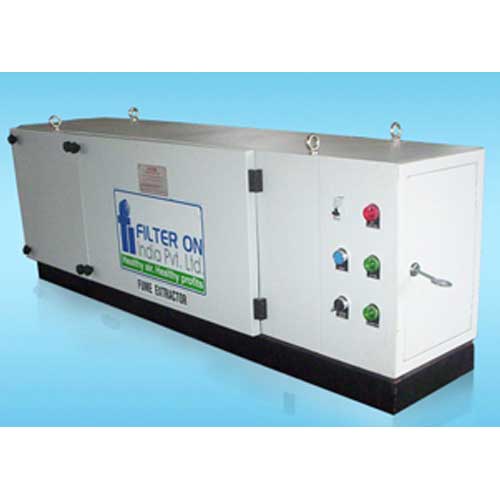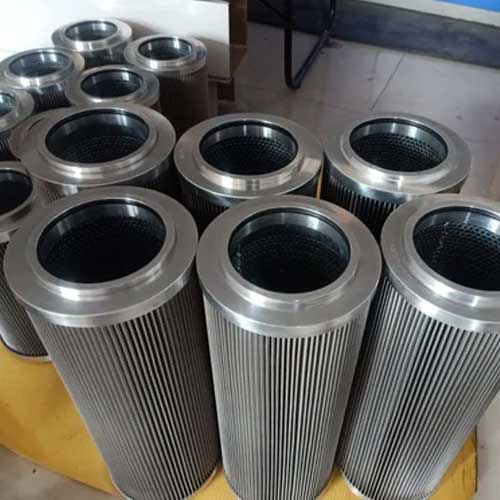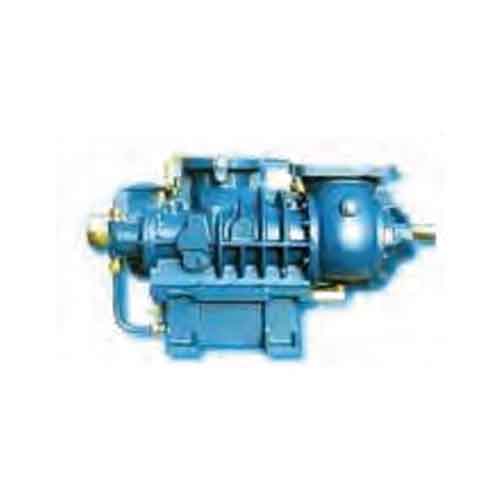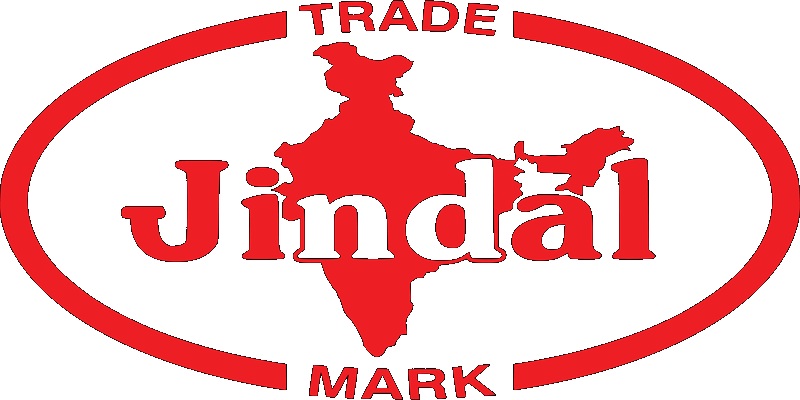Schedule a Call Back
What are the benefits of synthetic oil products?
 Articles
Articles- Sep 13,24

Related Stories

Knauf India doubles capacity with new metal line at Khushkhera plant
The increased production capacity is expected to improve the company’s ability to meet rising domestic demand and support a wider portfolio of drywall and ceiling solutions.
Read more
Jindal Stainless Posts DJSI ESG Score of 78, Ranking among Top Global Steel Players
Jindal Stainless has achieved an ESG score of 78 in the DJSI Corporate Sustainability Assessment for FY25.
Read more
Fluid Tech to Evolve Into a Driver of Sustainable Cooling: O’Neil Pinto
In this interview, O’Neil Pinto, Vice President, Lubrizol Fluid Engineering, discusses how advanced fluid technologies are shaping smarter, sustainable refrigeration and thermal management systems
Read moreRelated Products

Oil Mist Collector System / Oil Fumes Extraction Systems
Amaricar Engineering & Systems Pvt Ltd offers a wide range of oil mist collector system / oil fumes extraction systems.

Stainless Steel Hydraulic Oil Filters
M T B Filter Industries offers a wide range of stainless steel hydraulic oil filters.

Mak Compressor Oils
Interstate Supply Company offers a wide range of MAK compressor oils.















